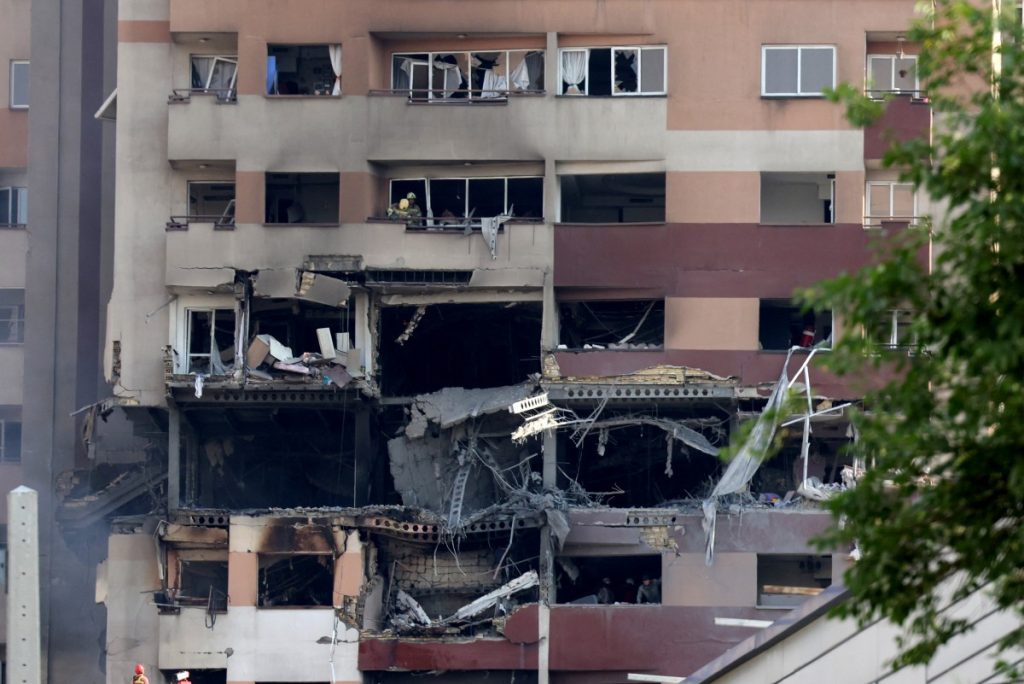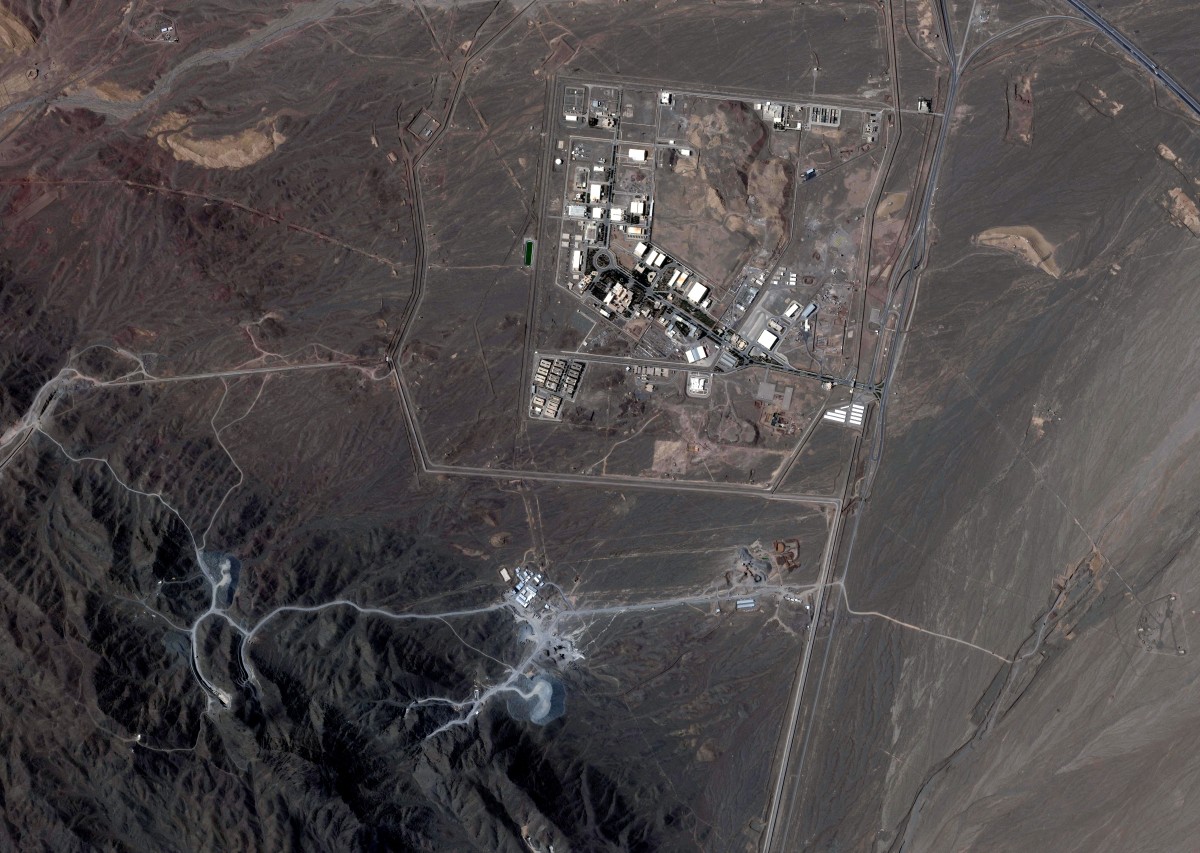Israel conducted a series of airstrikes on Iran on Friday, targeting 100 locations, including nuclear and military installations, resulting in the deaths of the armed forces’ chief of staff, the head of Iran’s Revolutionary Guards, and leading nuclear scientists.
Ayatollah Ali Khamenei, Iran’s supreme leader, warned Israel that it would experience a “bitter and painful” outcome as a result of these attacks.
The Israeli military later announced that Iran retaliated by launching 100 drones toward Israel, which its air defences intercepted before they could enter Israeli airspace.
US President Donald Trump said that he had prior knowledge of the Israeli attacks, which involved 200 fighter jets, and reiterated that Tehran “cannot possess a nuclear bomb.” The United States insists that it played no role in the Israeli operation and advised Tehran against targeting its personnel or interests.
However, Tehran claimed that the United States would bear “responsibility for the consequences,” suggesting that Israel’s offensive could not have occurred without US coordination and approval.
Prime Minister Benjamin Netanyahu stated that Israel had targeted the “core of Iran’s nuclear enrichment program,” focusing on the Natanz atomic facility and its nuclear scientists. The Israeli leader indicated that the strikes would “persist for as long as necessary,” and later noted that the initial wave of attacks was “very successful.”
According to the Israeli military’s intelligence assessments, Iran was nearing a “point of no return” in its nuclear program.

Reports from Iranian media indicated that the strikes resulted in the deaths of Iran’s top military official, armed forces chief of staff Mohammad Bagheri, and the commander of the influential Islamic Revolutionary Guard Corps, Hossein Salami.
State-run media also reported that residential areas in Tehran were targeted, leading to civilian casualties, including women and children.
Air traffic was halted at Tehran’s main gateway, Imam Khomeini International Airport, while Iraq and Jordan also closed their airspace and suspended flights.
Israel declared a state of emergency and closed its airspace, with Defence Minister Israel Katz saying Israel was braced for Iran’s expected retaliation.


 Trending
Trending 